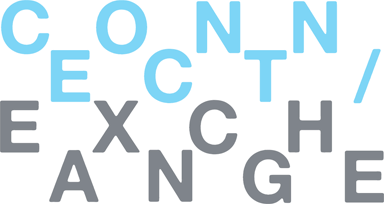Taking a little inspiration from the amazing Aardman animation series Creature Comforts, I wrote a short voiceover script which was recorded by a friend who is also an actress, experimenting with a number of increasingly exaggerated voices (how else are you supposed to animate the consciousness of a terrestrial body, or an intelligent slime?). Here it is:
The third section, concerning the energy consumption of bitcoin, is a somewhat new and interesting area to me at the moment because of the way it implicates energy (and by extension: labour, resources, planet) in the production of trust — trust (or something like it: the unit of the social relationship?) being fundamental to how the individuals relate in a network. The whole point of blockchain, surely, is to decentralise trust, so that rather than being invested in The State, we all hold a piece. Trust is a prerequisite, coded into one’s participation in the social. From what I understand (which may be wrong), the proof-of-work task that any miner (of bitcoin, say) completes in order to update the blockchain with their block is fundamental to the trust that underpins the protocol. This algorithmic production of trust is also a perfectly useless expenditure of (processing) heat. It seems to raise some interesting questions about the relationship between trust and security, which are often posed in opposition (e.g. more trust requires less security). Just as we spend resources building walls and locks to keep ourselves safe, most implementations of blockchain require the labour of demonstrating proof-of-work for participants to validate one another. If blockchain presents a radically different kind of social contract (one in which the contract/technology itself defines one’s ability to participate in the social), there seems to be something primitive about this, not least the fact that bitcoin is projected to cost the same amount of energy as Denmark by 2020…
PS.
At the end of June I went down to London to give a talk about my research at the Stuart Hall Library in East London, during which my respondent was New Media professor Beryl Graham from the University of Sunderland. (The arrangement was logistically perverse: Beryl lives in Newcastle). Anyway, we discussed parasites, internet optimism, internet pessimism, and alien agencies. A recording of the talk and the discussion that followed is here, if anyone’s interested:


